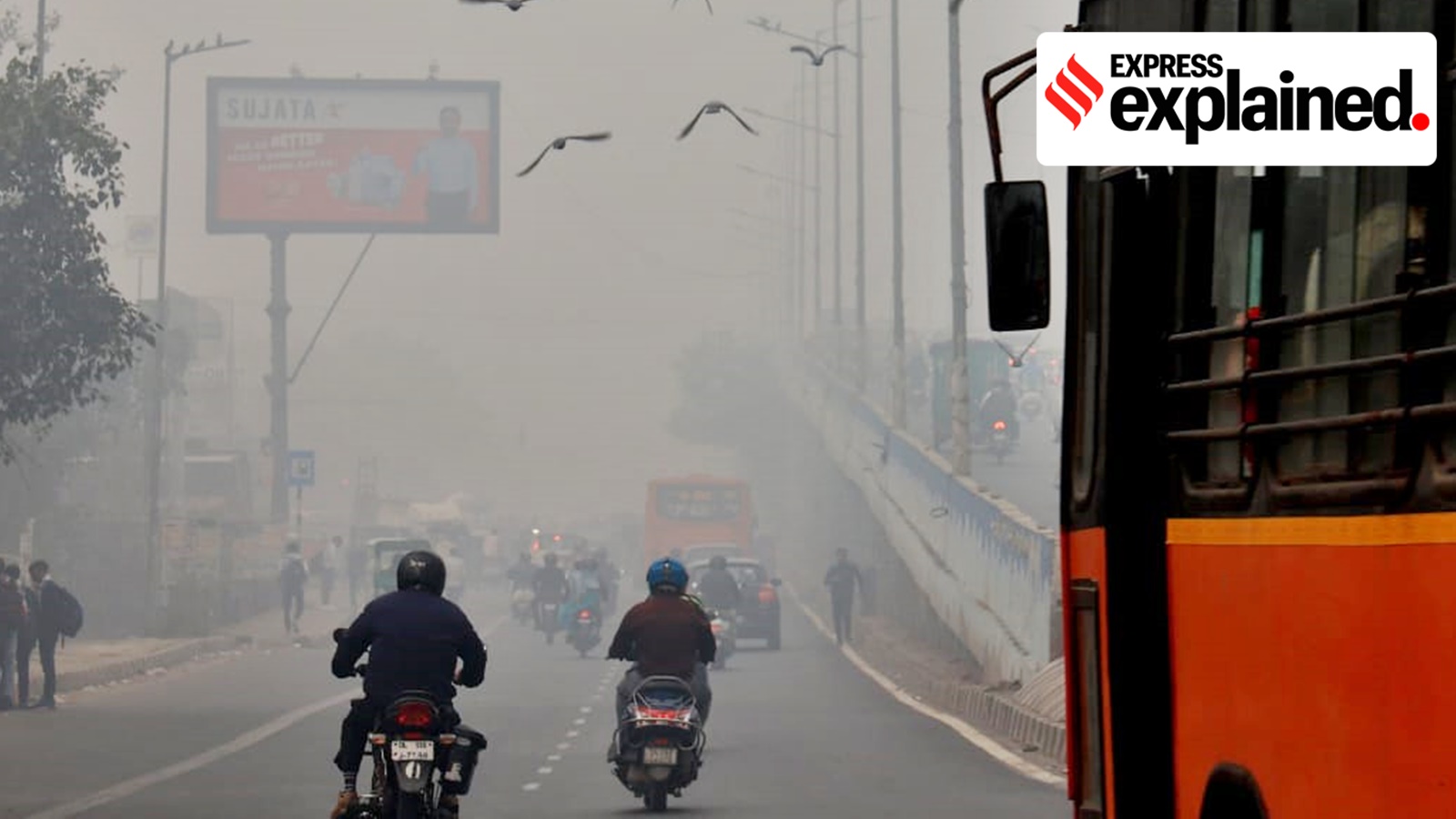 |
|
The alarming deterioration of air quality in Delhi-NCR prompted the Commission for Air Quality Management (CAQM) to activate Stage IV of the Graded Response Action Plan (GRAP) on November 17th, 2024. This decision, closely scrutinized by the Supreme Court, marks the highest level of pollution-related restrictions under the GRAP framework. The Supreme Court's intervention underscores the gravity of the situation and the need for stringent measures to combat the persistent air pollution plaguing the region. The court's proposal to prevent any relaxation of these measures without its express permission further highlights the urgency and the need for sustained action. The activation of GRAP Stage IV followed the earlier implementation of Stages I, II, and III, reflecting a progressively worsening air quality situation. This escalation highlights the failure of earlier measures to effectively control pollution levels, indicating the need for more comprehensive and rigorously enforced strategies.
GRAP, a comprehensive set of emergency measures designed to prevent further deterioration of air quality in the Delhi-NCR region, is a crucial component of the fight against air pollution. Initially approved by the Supreme Court in 2016 and notified in 2017, the plan is the result of extensive collaboration between the Environment Pollution (Prevention and Control) Authority (EPCA), state governments, and experts. The plan's incremental nature ensures that as air quality worsens, progressively stricter measures are implemented. The activation of Stage IV, corresponding to an AQI exceeding 450, signifies a critical situation demanding the most stringent interventions. The decision to impose GRAP Stage IV was predicated upon a comprehensive evaluation of the current air quality index (AQI) and meteorological forecasts. The AQI breaching the 450 threshold, coupled with predictions of unfavorable meteorological conditions including heavy fog and variable winds, necessitated the implementation of the most stringent measures available under the GRAP.
GRAP Stage IV encompasses a wide range of restrictions aimed at curbing pollution sources. The most significant measures include a near-total ban on the entry of trucks into Delhi, with exceptions only for vehicles transporting essential commodities or providing essential services. Light Commercial Vehicles (LCVs) registered outside Delhi are also largely prohibited, barring those carrying essential goods or providing crucial services. Furthermore, a strict ban is imposed on the plying of Delhi-registered BS-IV and below diesel-operated Medium Goods Vehicles (MGVs) and Heavy Goods Vehicles (HGVs), with similar exceptions for essential services. Construction and demolition activities are completely halted, mirroring the restrictions imposed under Stage III, even extending to major linear public projects. To mitigate the impact on education, NCR state governments and the Delhi government are empowered to consider suspending physical classes for certain grades and shifting to online instruction. Similarly, a 50% work-from-home policy for public, municipal, and private offices can be implemented at the discretion of state and local authorities. The central government also retains the authority to implement work-from-home measures for its employees. Additional emergency measures, such as the closure of colleges, non-emergency commercial activities, or the implementation of an odd-even vehicle registration number system, may be considered by state governments as needed. The plan also strongly urges citizens to cooperate by adhering to the citizen charter and assisting in the implementation of the GRAP measures.
The implementation of GRAP Stage IV represents a significant step in tackling the severe air pollution crisis in Delhi-NCR. However, the long-term effectiveness of the plan hinges on several factors. Effective enforcement of the restrictions is crucial, requiring robust monitoring and stringent penalties for violations. The cooperation of citizens is also essential in reducing individual contributions to pollution. Furthermore, the success of the GRAP also depends on the long-term commitment to addressing the root causes of air pollution. This necessitates a multifaceted approach involving the promotion of sustainable transportation, stricter emission standards for industries, and effective urban planning to reduce pollution sources. Finally, continuous monitoring and evaluation of the plan's effectiveness are necessary to refine the GRAP and adapt it to the evolving air quality challenges in the region. The situation underscores the urgent need for collaborative efforts between government agencies, industry stakeholders, and citizens to ensure sustainable improvements in air quality for the health and well-being of the population of Delhi and the surrounding areas. The current situation serves as a stark reminder of the pervasive nature of air pollution and the critical importance of long-term, sustainable solutions.
Source: Why GRAP stage IV have been announced now, what is allowed under them
